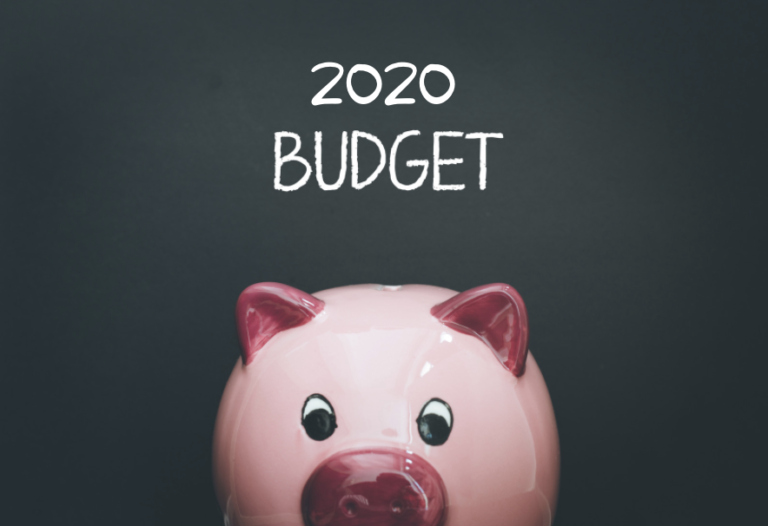
The past 6 months have seen the global pandemic have a significant impact on the Australian economy with unemployment expected to peak in December 2020. Last night, the treasurer handed down the 2020-2021 federal budget with a clear focus on boosting the economy through job creation, business investment and household spending. In case you missed the announcement, here are the key announcements that will impact your business.
Research & Development
There is good news for small businesses accessing the R&D tax incentive with the government increasing the refundable R&D tax offset rate to 18.5% on top of your tax rate, an increase of 2.5%. With the reduction in the small business tax rate for FY21, this will put the offset to 44.5%. In addition to this, the government also announced they are scrapping the $4 million cap on annual cash refunds. These changes will come into effect from 1 July 2021, so businesses will feel the benefit with the lodgement of the 2022 income tax return.
Individuals
Individuals were the biggest winners in the 2020 budget, with the treasurer announcing tax cuts effective from 1 July 2020 in a bid to encourage household spending. The threshold for the 19% tax bracket is increasing from $35,000 to $42,000 and the threshold for the 32% tax bracket is increasing from $90,000 to $120,000. For an individual earning $100,000, this will mean a tax saving of $1,530 this current financial year.
Further to this, the government has increased the Low and Middle Income Tax Offset from $445 to $700 delivering a tax cut for individuals with a taxable income up to $90,000.
Small Business
The budget this year included a number of benefits aimed at small businesses including:
- Immediate deduction for all asset purchases – Businesses with turnover up to $5 billion will be able to immediately deduct the full cost of any asset purchased from 7:30pm on 6 October 2020 until 30 June 2022. This measure removes the current $150k asset value cap on new assets.
- Increased access to small business concessions – From 1 July 2020, the turnover threshold for a number of small business tax incentives (including prepayments & FBT exemptions) will increase from $10 million to $50 million.
The most anticipated announcement however is the introduction of the loss carry-back measure. This measure allows businesses with a turnover of up to $5 billion to offset tax losses against previous profits on which tax has been paid. This will allow businesses to access a tax refund based on taxes paid in prior years. Eligible businesses will be able to offset losses incurred in FY20, FY21 or FY22 against profits made in FY19 or later. This loss offset can be accessed through the FY21 tax return at the earliest.
Export Market Development Grant
The government has confirmed that there is no further funding news around the Export Market Development Grant at this stage.
JobMaker Hiring Credit
To encourage businesses to hire those most severely impacted by the pandemic, the government has announced a credit available to businesses who increase their overall headcount to hire employees aged 16-35 who are currently earning JobSeeker payments. The payment is worth between $100 and $200 per week which will be paid quarterly in arrears. This will be of particular benefit to industries hardest hit by the pandemic such as hospitality and travel.
VCs and Startups
There were no specific incentives mentioned for investors in startups or for Venture Capitalists. Startups were pitching heavily for the loss carry-back provision mentioned above.





